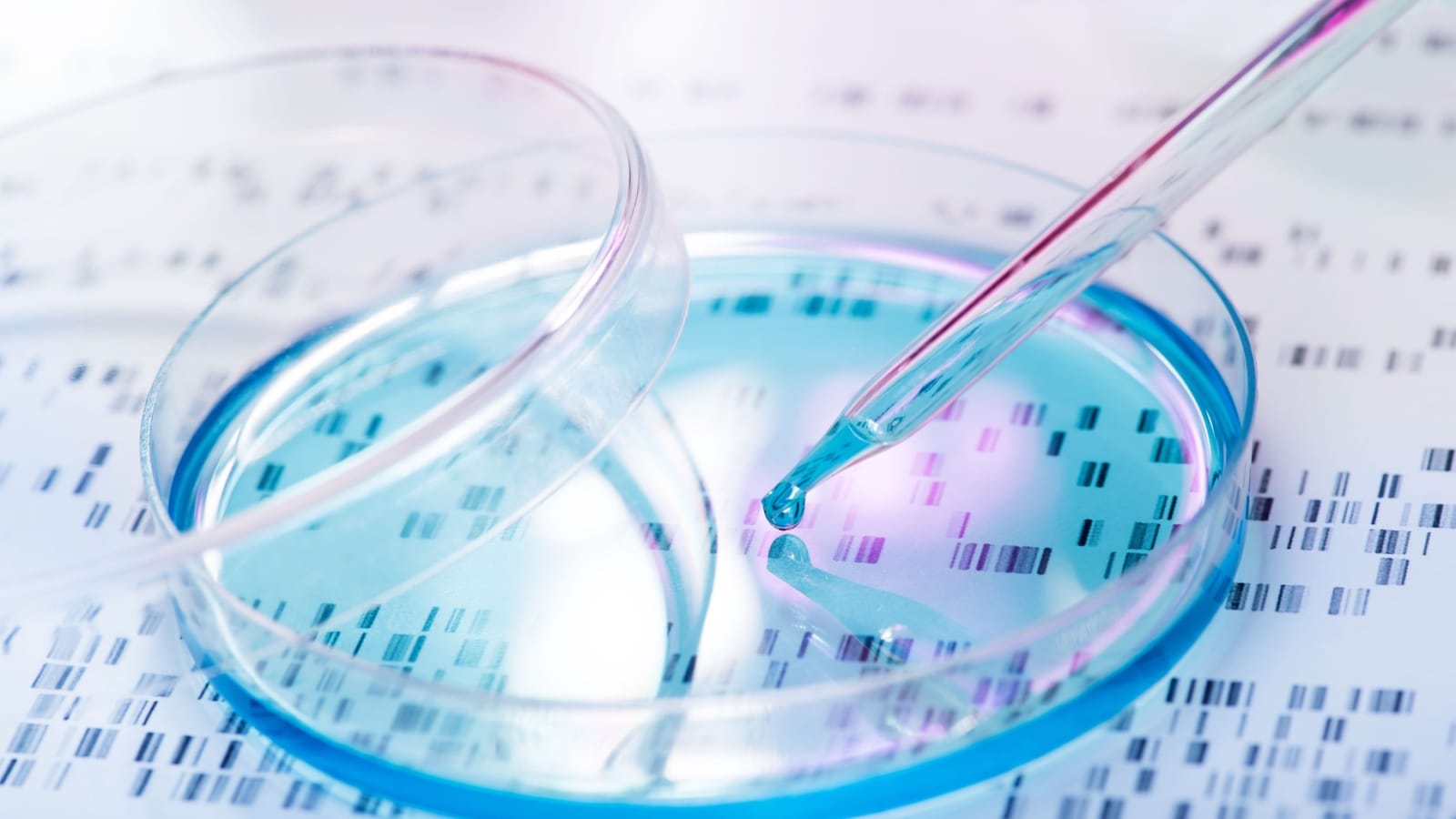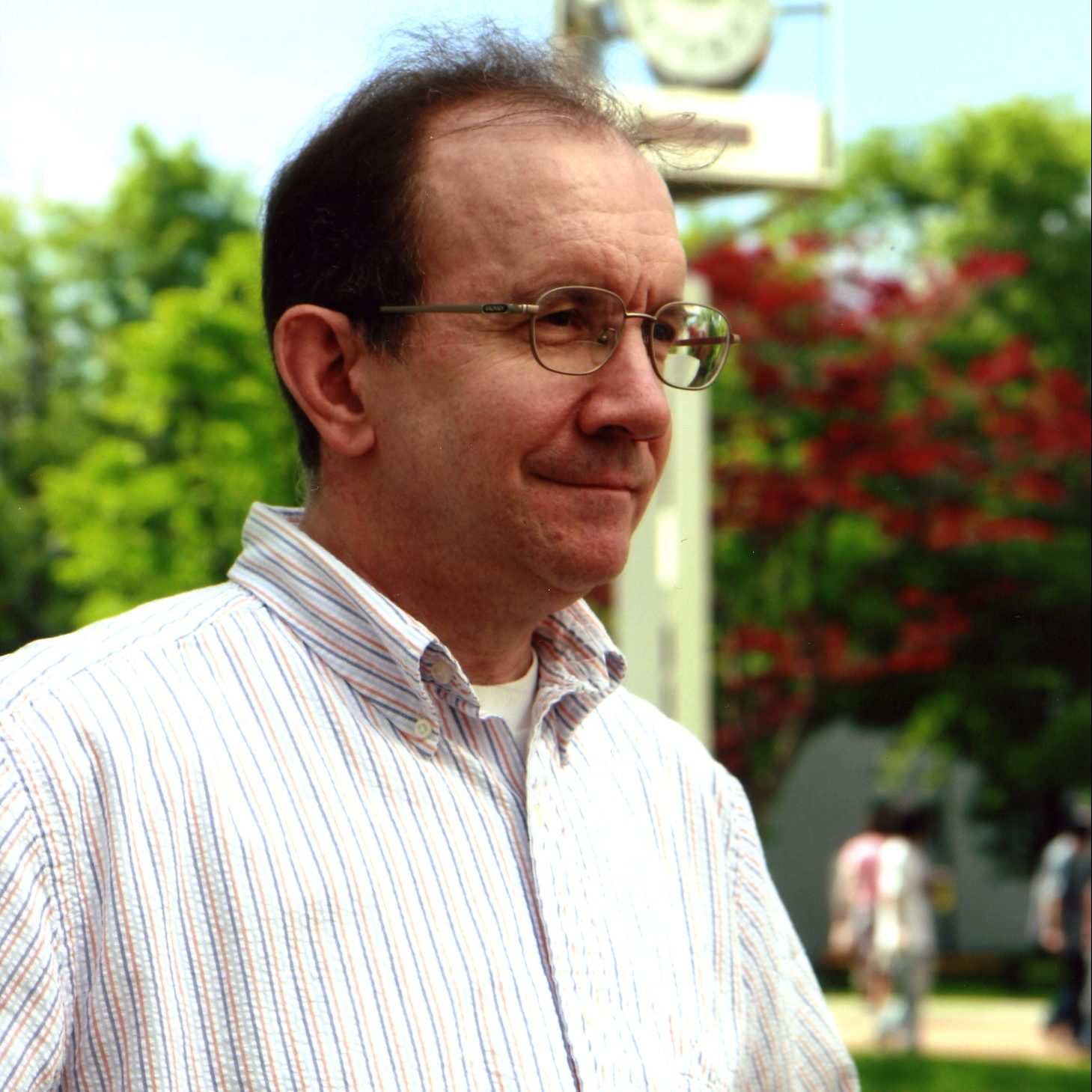Michael Crichton’s Unheeded Warning of Biotechnology Catastrophe

With over 30,000 reader reviews on Amazon, Michael Crichton’s bestselling sci-fi novel Jurassic Park (first published in 1990) has become a cultural sensation, spawning a series of successful movies, one of which is in cinemas in Japan as I write. Yet despite this dino-disaster movie popularity, most people have failed to heed the warning Crichton makes clear in many of his novels about the terrible dangers of modern technology – especially biotechnology and genetic engineering.
As Jurassic Park’s Ian Malcolm puts it, “genetic power is far more potent than atomic power” and potentially even more destructive. That destructive power manifested itself on a global scale during the Covid disaster, precipitated both by an apparently bioengineered pathogen and the genetically engineered injection widely promoted to combat it.
For a long time, Crichton’s novels and films depicted catastrophes caused by technology going berserk and beyond the control of its human creators. For instance, in his 1973 movie Westworld, Crichton’s story depicted an interactive amusement park replicating an American Old West town, with humanoid robots. To the consternation of the programmers, the robots eventually escape their control and commit brutal murders of many customers in the park.
However, these destructive robots are simply artificial technological simulations. The mayhem in Crichton’s tales gets even worse when the natural world is involved. In Crichton’s view, the world of nature is far more complicated and uncontrollable, making the destructive consequences of human attempts at manipulation all but inevitable.
Crichton declares his stance about this explicitly in his introduction to the 2002 novel Prey, which is about biology-based nanotechnology. He explains, “The total system we call the biosphere is so complicated that we cannot know in advance the consequences of anything that we do,” which therefore is a “powerful argument for caution.”
Continuing in that vein, he makes an astonishing prediction: “Sometime in the twenty-first century, our self-deluded recklessness will collide with our growing technological power. One area where this will occur is in the meeting point of nanotechnology, biotechnology, and computer technology. What all three have in common is the ability to release self-replicating entities into the environment.”
Gain-of-function viral bioengineering and self-replicating mRNA vaccines delivered by lipid nanoparticles have now made this forecast a reality.
Crichton’s theme is not the usual sci-fi disaster trope about the human race misusing scientific advances for war or other evil ends. His point is that both highly complex technological systems and the biological world are inherently uncontrollable and tend toward chaotic breakdown, regardless of our attempts to keep them under control.
Crichton drives this point home in a number of ways. Many chapters in Jurassic Park are titled “Control” as a way to make his theme explicit. The people sitting in control centers on the dinosaur island only have an illusion of control, which disappears when the computer fails or unexpected things happen.
The entrepreneur who planned and runs the island, John Hammond, keeps reassuring people around him that there is “absolutely no problem on the island.” In response, the mathematician Malcolm (obviously speaking for Crichton) calls Hammond a “great fool” for his overconfidence and calls the island “an accident waiting to happen.” In one of his spontaneous mini-lectures, Malcolm debunks “the grand vision of science…the dream of total control.”
Another problem looming large in the story is that of human ignorance about nature. Even the dinosaur experts do not really know much about them. Their knowledge is limited, based on skeletal remains and speculation. For example, the dinosaurs turn out to be much faster than expected, so the devices used to control them are too slow.
In addition, the paleontologist Grant thinks the flying dinosaurs will not be dangerous to humans, since they eat fish. However, they are revealed to be very territorial and hence attack and injure people. Similarly, we learned during Covid that experts can be very untrustworthy guides, even about their own specialties, such as the novel biotechnology involved in the mRNA injections.
In Jurassic Park, Crichton is obviously not just worried about dinosaurs. The novel mentions the (presumably fictional) company Biosyn’s development of a genetically modified rabies pathogen, which can infect people by inhalation. Someone foolishly attempts to transport it by a bag on a plane. Here in the real world, in 2023, Yale Engineering proudly announced the development of an mRNA Covid vaccine with nanoparticles that can be inhaled.
On top of everything else, human error, irresponsibility, dishonesty, and greed exacerbate the calamity. In an attempt to steal dinosaur embryos in order to sell them to a business rival, one character accidentally sets off a series of fatal mishaps and system breakdowns. Similarly, during the Covid scare, manufacturing processes to produce mRNA vaccines resulted in problems like leaving DNA fragments in injection vials, which could be potentially destructive to the health of their recipients.
As Crichton understood, attempts to assert complete control over nature, over highly complex digital systems, and over human beings are destined to crash into the wall of the real world. The insertion of genetic material into human cells through mRNA biotechnology is a case in point.
Listening to an online lecture by the resident WEF guru Yuval Herari expounding his visions of the future, I was struck by his dangerous concept of treating human beings as “hackable animals,” meaning entities whose genetic code or brain functioning can be effectively altered (“hacked”) for their own betterment.
However, many aspects of human biology are not well understood, and human beings are much more complicated than computers and other man-made systems. At present (and for the foreseeable future), humans are far, far beyond any technocrat’s ability to manipulate or control safely.
Understandably, Crichton’s novel Prey ends on an ominous note: “They didn’t understand what they were doing. I’m afraid that will be on the tombstone of the human race.”
-

Bruce Davidson is professor of humanities at Hokusei Gakuen University in Sapporo, Japan.












